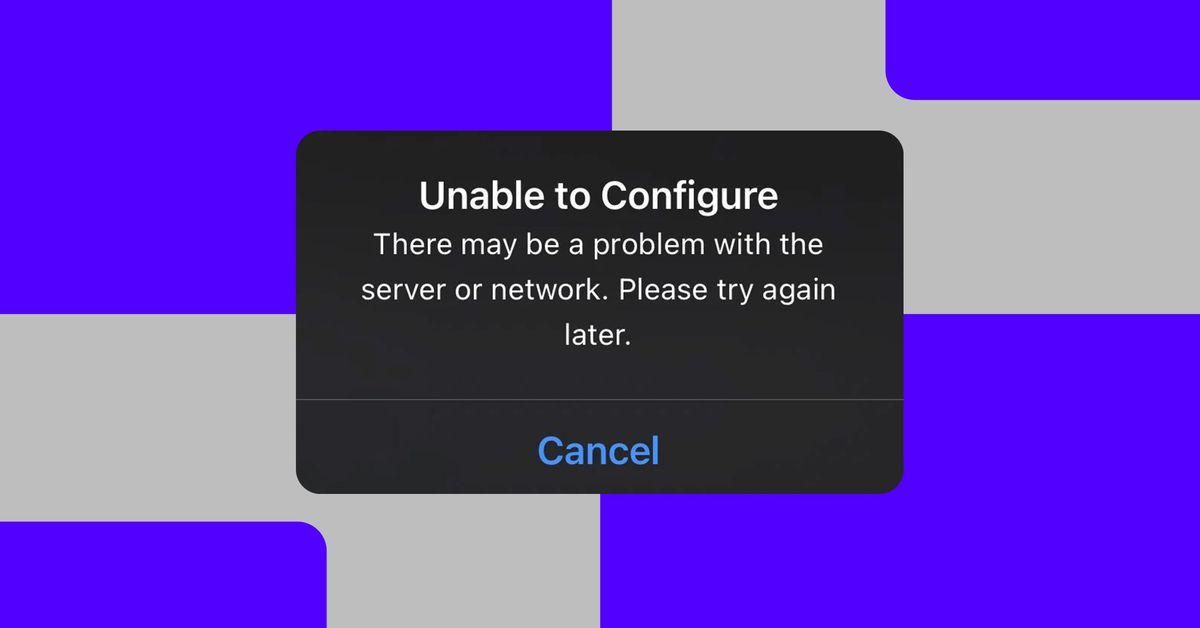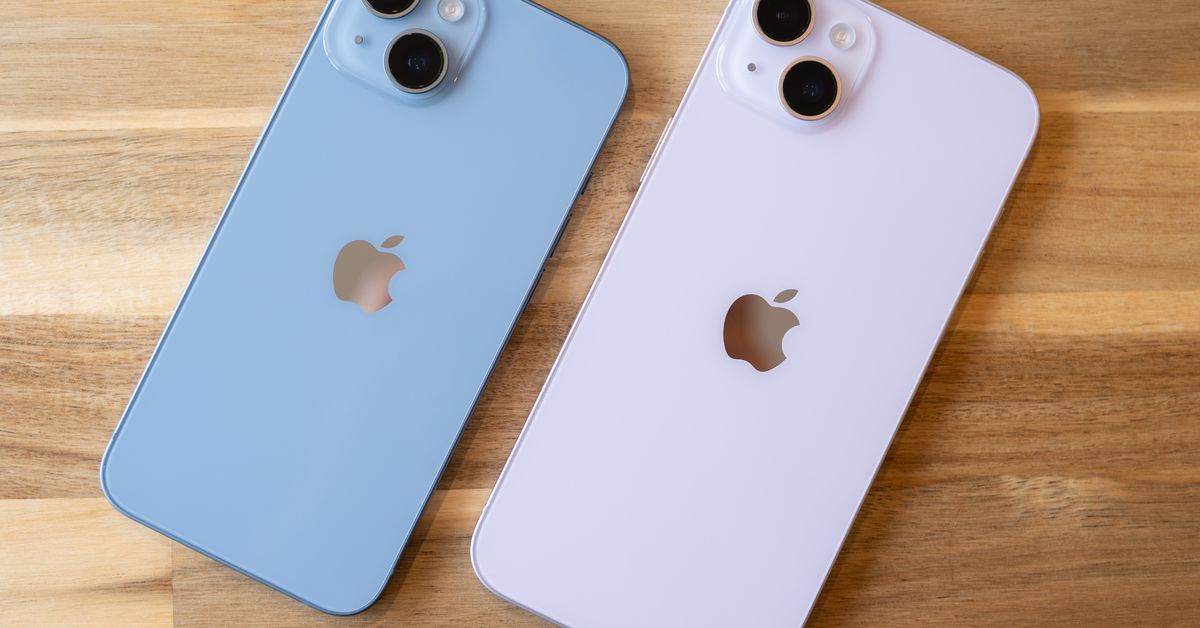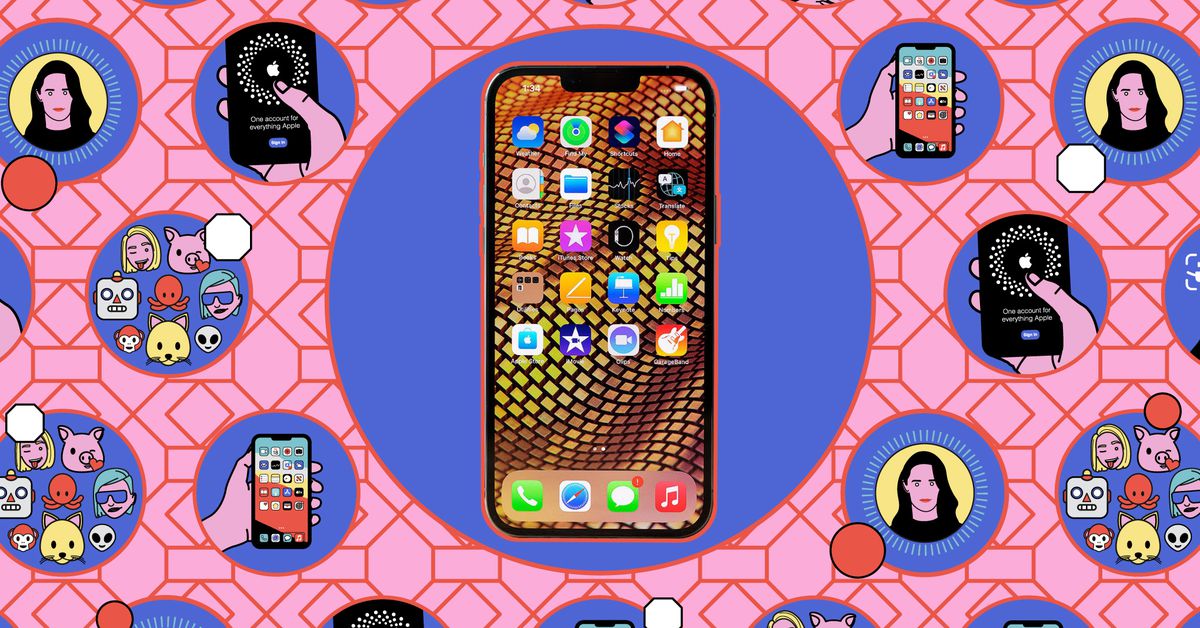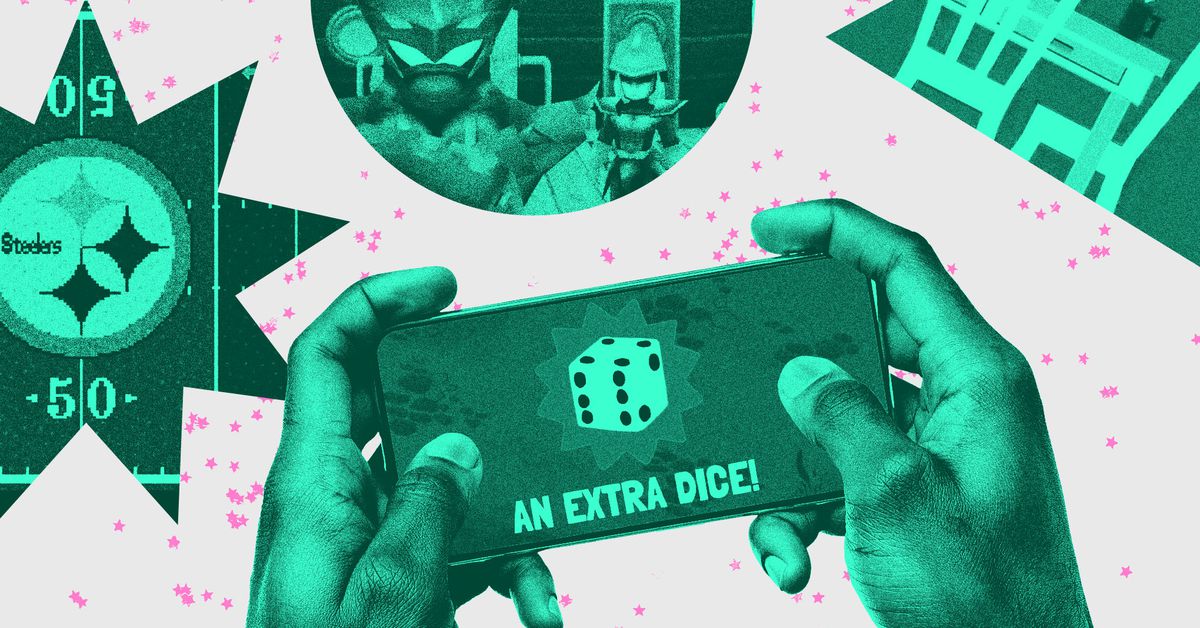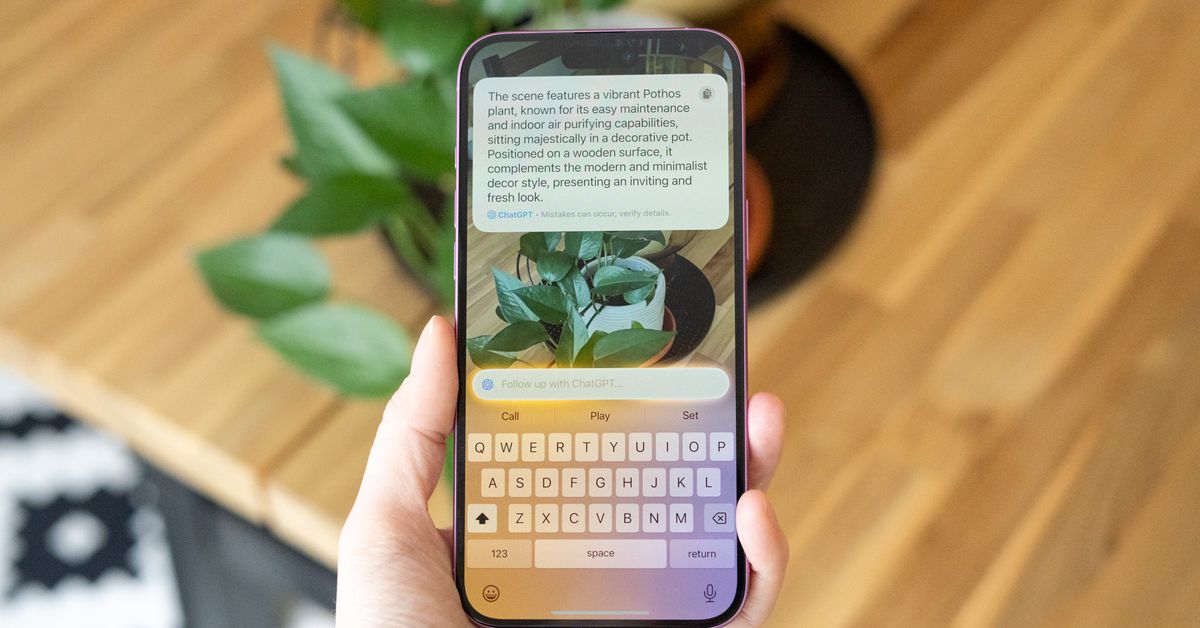We started making this video with one question in mind: “What makes iPhone repair so difficult?” And immediately the answer was: a lot.
I’ve never repaired a phone before, so I was particularly nervous that the first one I was opening was an iPhone. This wasn’t just because I didn’t want to destroy a phone with a mistake but also because I was somewhat familiar with Apple’s reputation with repairability. However, I wanted to test out a new repair feature Apple introduced recently with iOS 18 called “repair assistant” to see if it fixes a years-long practice of Apple’s that makes iPhones incredibly difficult to repair.
Before iOS 18, replacing components of an iPhone like the display or battery without going through Apple’s repair channels would reduce the functionality of the device because iPhones are programmed to recognize when parts are swapped out. This is because of a design choice called “parts pairing.”
Apple uses parts pairing to assign serial numbers to parts inside a device and tie those parts to the logic board. This means you can’t replace any of these parts on your own or at a repair shop without having a way to pair a new part’s serial number to the device. If a part was replaced, some functions of the phone tied to that part would be disabled like True Tone, Face ID, or Battery Health. Repair assistant is an on-device software tool that’s meant to allow independent repair shops and DIY users to pair new parts to their phones without going through Apple’s procedures. This means you’ll be able to use genuine Apple used parts to make repairs, and iOS 18.1 is reported to extend functionality back to devices using third-party displays and batteries based on a promise from Apple’s whitepaper Longevity, by Design.
I set out to discover if iOS 18’s repair assistant fixes this major issue facing iPhone repair by asking Shahram Mokhtari, the lead teardown technician at iFixit, for a crash course in Apple’s history of repairability and how parts pairing has impacted that. I also reached out to right-to-repair advocate and iPhone repair and microsoldering expert Jessa Jones of iPad Rehab to walk me through my first attempt at iPhone repair and test out firsthand how repair assistant works. Jessa also showed me some of the odd workarounds and pitfalls that come up in independent iPhone repair when parts can’t be sourced from Apple.
Something I went in thinking was complicated turned out to be way, way more complicated as we got into the details of the specific frustrations facing independent iPhone repair shops. Watch the full episode on YouTube and go down the rabbit hole that is parts pairing with me. Also let us know if you have any tech questions you want us to answer next!
